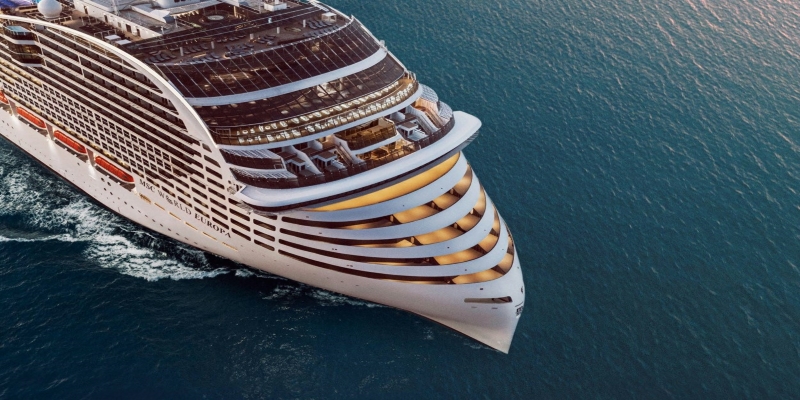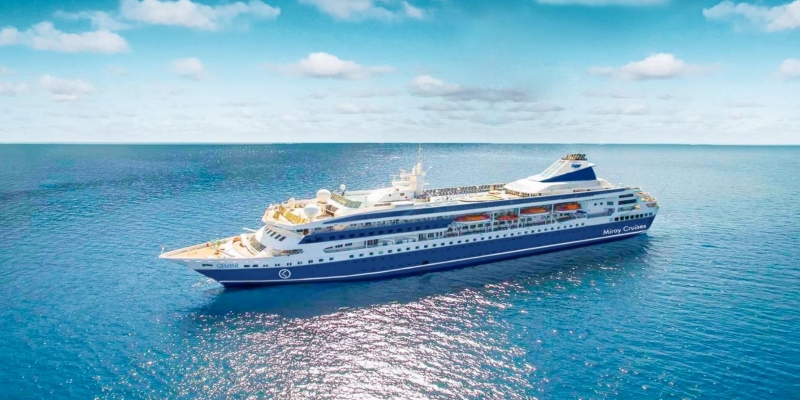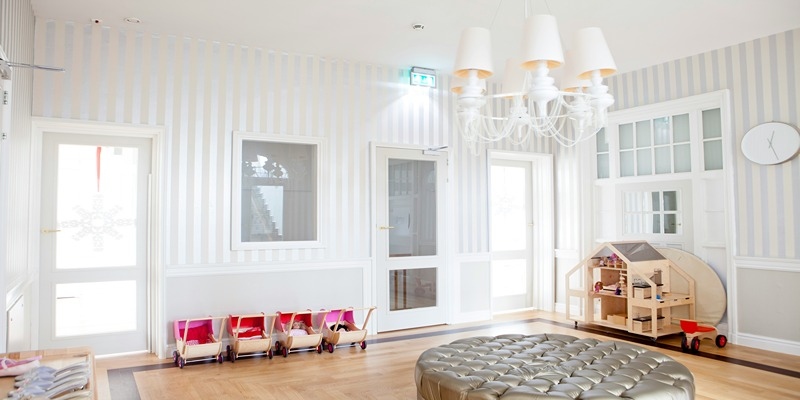Picture this: youre gliding through the ocean on a sun-soaked cruise, surrounded by serene views and a laid-back atmosphere. As you settle into vacation mode, you might notice something peculiarsuddenly, the people around you seem more attractive than they usually would. Its not just the tropical drinks or the warm breeze playing tricks on your mind; its a real psychological phenomenon known as the "cruise ship effect.
When isolated at sea, our social interactions become confined to a small circle of people, altering our perceptions. Whether its the scarcity of options, the shared experience, or the carefree environment, something about being at sea shifts how we view those around us. The allure isnt just in the sceneryits also in the way our minds process the unique dynamics onboard.
One of the key drivers behind the cruise ship effect is the isolation that passengers experience while at sea. On a cruise ship, you are essentially cut off from the broader social world, surrounded by the same group of people for the entirety of your journey. This enclosed environment creates what social psychologists call a "small world" effect, where the limited pool of social interactions leads to heightened familiarity. In such conditions, people start adjusting their perceptions based on whats available.
Social dynamics also play a significant role in this effect. The relative comparison principle suggests that when options are limited, people unconsciously raise the value they place on those who are present. On land, where social interaction options are plentiful, you can be more selective. However, on a cruise ship, the limited selection leads to a reevaluation of standards, making people who might seem average elsewhere appear more attractive. Additionally, the constant social interaction on a cruise fosters a sense of community and shared experience, enhancing feelings of closeness and increasing the likelihood of perceiving others more favorably. This combination of isolation and shifting social dynamics amplifies the cruise ship effect, altering how attractiveness is perceived in this unique setting.
The concept of exclusivity and scarcity significantly amplifies the allure of fellow passengers on a cruise. When a finite group of people surrounds you for the duration of your trip, the scarcity principle kicks in. This principle, rooted in psychological and economic theory, suggests that when something is limited or hard to come by, its perceived value increases. On a cruise ship, where social interactions are confined to a relatively small group, every individual becomes a more exclusive option. This scarcity makes each person seem more desirable simply because they are one of the few social choices available.

Moreover, the cruise environment itself reinforces this sense of exclusivity. The ship acts as a floating microcosm, isolating you from the broader world and concentrating social interactions within a limited space. This isolation can make every encounter feel more significant and each connection more intense. As a result, passengers often experience heightened feelings of attraction and interest in those around them. The combination of limited social options and the unique, enclosed setting of a cruise ship creates a powerful dynamic where exclusivity and scarcity make fellow travelers appear far more appealing.
Cruise vacations are designed to immerse passengers in a state of relaxation and joy, which plays a significant role in altering perceptions of attractiveness. When you step aboard a cruise ship, you leave behind the daily stresses and responsibilities of life, creating an environment where people are naturally more relaxed and open. This shift in mood is not just about feeling good; it's about how that good feeling affects social interactions. The relaxed atmosphere allows people to let their guard down, making them more approachable and receptive to connections.
In addition, the cruise experience is full of pleasurable activitiesfine dining, entertainment shows, and sunny deckseach contributing to a positive mood. This upbeat environment can heighten emotional responses, making even minor traits in fellow passengers seem more appealing. When people are in a good mood, they tend to focus on the positive aspects of those around them, amplifying their attractiveness. The combination of relaxation and enjoyment creates a perfect backdrop for social connections, turning ordinary interactions into memorable experiences.
Cruises create a distinctive temporary realitya bubble where everyday norms and barriers seem to dissolve. This unique environment is a blend of novelty and adventure, where passengers are removed from their regular routines and immersed in a self-contained world. This isolation from the usual distractions of daily life allows for a heightened focus on the immediate social environment. With the constant backdrop of sun, sea, and entertainment, the experience feels like a mini utopia, amplifying emotions and connections.

The sense of being in a fleeting, special space often makes interactions feel more intense and meaningful. Knowing that your time with fellow passengers is limited can spur a sense of urgency and openness in forming connections, leading to deeper and more immediate bonds. This temporary bubble fosters a heightened emotional state, where the unique context of the cruise magnifies the charm and allure of others. When the voyage ends, and you return to your regular life, the enchantment often fades, revealing how context and environment can profoundly influence perceptions of attraction.
The cruise ship effect is more than just a quirky observationits a fascinating glimpse into how our environment can shape our perceptions of others. The combination of limited options, social bonding in a confined space, and the general sense of escapism that cruises offer creates an atmosphere where everyone seems a little more attractive. Its a reminder of how context and setting can alter what we find appealing, blurring the lines between genuine attraction and temporary allure.
So, while you might find yourself charmed by someone on a cruise, its worth remembering that this effect tends to stay at sea once youre back on solid ground. This phenomenon highlights how adaptable our perceptions are, making the cruise ship experience a unique social experiment that continues to captivate travelers.

By Kristina Cappetta/Sep 02, 2024

By Triston Martin/Aug 24, 2024

By Kelly Walker/Jul 11, 2024

By Martina Wlison/Sep 01, 2024

By Madison Evans/Sep 02, 2024

By Sid Leonard/Aug 30, 2024

By Georgia Vincent/Aug 27, 2024

By Aldrich Acheson/Aug 28, 2024

By Kelly Walker/Jul 15, 2024

By Darnell Malan/Aug 26, 2024

By Pamela Andrew/Aug 28, 2024

By Isabella Moss/Sep 02, 2024